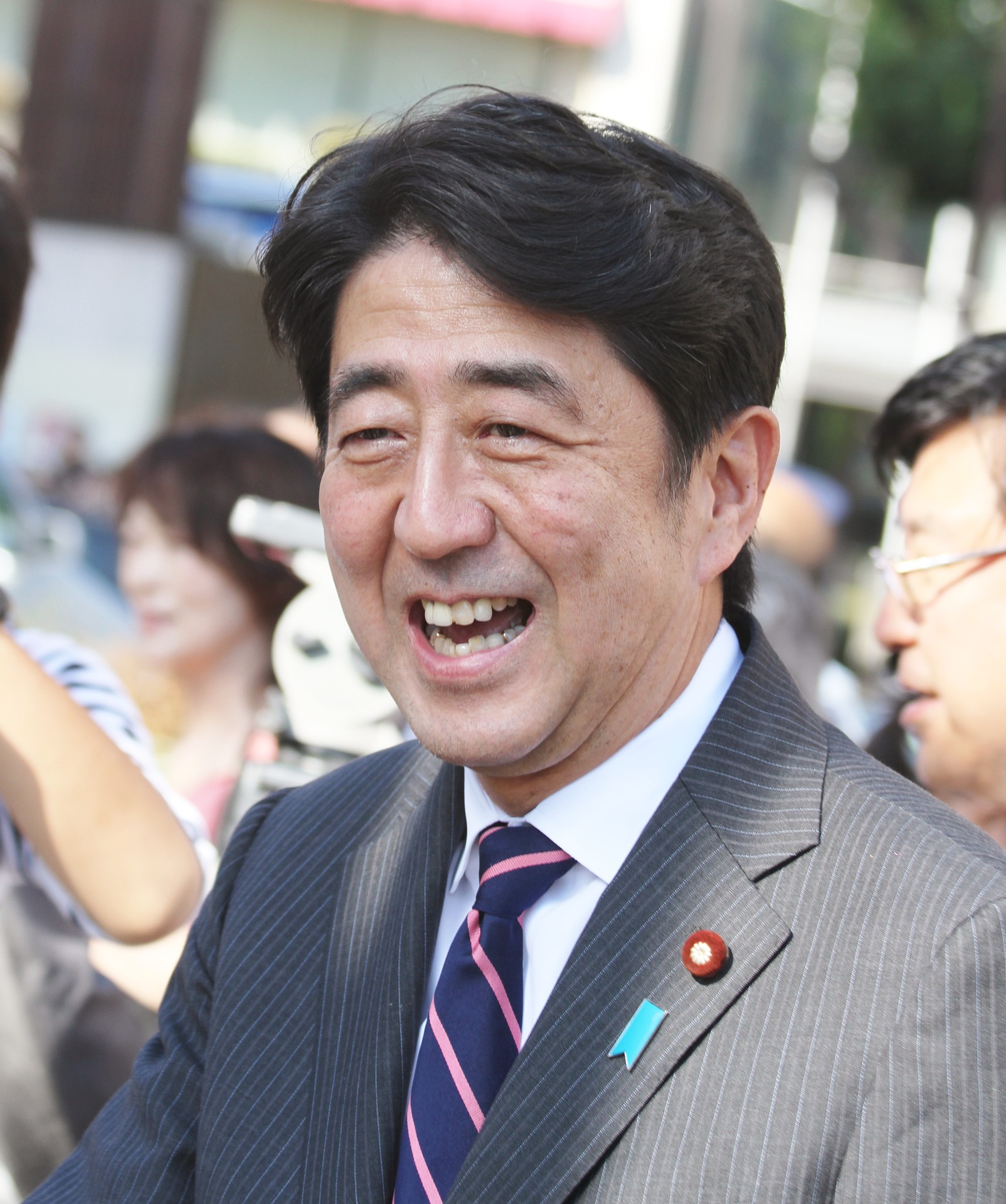

Last week’s surprise resignation of Japanese Prime Minister Shinzo Abe raises questions over what’s next for the country. Abe’s political clout and economic policies provided the economy with the reform impetus it needed, but his disappointing achievements after eight years reflect a backdrop of policy fragmentation and a reform agenda that should have been bolder. His successor and their policies will therefore determine his legacy.
Shinzo Abe was arguably the most consequential Japanese prime minister since Yasuhiro Nakasone in the 1980s. If we cast our minds back to Japan’s ‘lost decades’, Abe was genuinely a political giant among pygmies. Only Junichiro Koizumi might rank a distant second as PM, but he only managed to hold on to power for five years, and – more importantly – he impacted Japan nowhere near as much. His only critical contribution, which we should not underestimate, was getting the country’s banks to belatedly clean up their balance sheets.
This article is only available to Macro Hive subscribers. Sign-up to receive world-class macro analysis with a daily curated newsletter, podcast, original content from award-winning researchers, cross market strategy, equity insights, trade ideas, crypto flow frameworks, academic paper summaries, explanation and analysis of market-moving events, community investor chat room, and more.
Last week’s surprise resignation of Japanese Prime Minister Shinzo Abe raises questions over what’s next for the country. Abe’s political clout and economic policies provided the economy with the reform impetus it needed, but his disappointing achievements after eight years reflect a backdrop of policy fragmentation and a reform agenda that should have been bolder. His successor and their policies will therefore determine his legacy.
Shinzo Abe was arguably the most consequential Japanese prime minister since Yasuhiro Nakasone in the 1980s. If we cast our minds back to Japan’s ‘lost decades’, Abe was genuinely a political giant among pygmies. Only Junichiro Koizumi might rank a distant second as PM, but he only managed to hold on to power for five years, and – more importantly – he impacted Japan nowhere near as much. His only critical contribution, which we should not underestimate, was getting the country’s banks to belatedly clean up their balance sheets. His other legacy, privatising Japan Post, made no dent in Japan’s broader economic problems and arguably wasted precious political capital on a peripheral issue. In Abe’s case, not only did he comfortably stay in power for almost eight years, he managed to centralise and consolidate power in the Cabinet Office like no prime minister before him. He also made a significant impact on the economy and society with his multifaceted Abenomics policies.
Abenomics Was His Biggest Success
In my view, Abe’s biggest economic successes were threefold. First, he singlehandedly managed to change the tone and the narrative around Japan’s economic problems, leading to increased optimism and enthusiasm both domestically and internationally. He jolted the Bank of Japan out of its complacent and fatalistic policy stance, which had lasted for the better part of two decades. Finally, he pushed through some much-needed structural reforms, adopting market-friendly corporate governance codes, boosting women’s participation in the labour force, and concluding efficiency-enhancing international trade deals.
However, there is a paradox here. Even though I strongly believe that Abe was Japan’s best prime minister in more than 30 years and that his Abenomics policies were a stroke of political genius, looking at his actual achievements during the last eight years, I am disappointed. Think about the backdrop: the enormous political capital, an utterly defeated and demoralised opposition, a reformed political governance system vesting all the power in the Cabinet Office. And on top of that, he was a politician who – against all odds – became the prime minister a second time, knew exactly how the system works and fully realised it was his last real chance to make a difference. Considering these things, I would have expected much bolder policies and more political risk-taking.
For Abenomics to fully succeed, the three policy arrows; monetary, fiscal and structural, must all be consistent, comprehensive, and coordinated. In my view, during the last eight years, monetary policy was certainly consistent, but neither sufficiently comprehensive nor properly coordinated with the other two arrows. Fiscal policy was neither consistent nor comprehensive, and only occasionally coordinated. Structural policies of the third arrow, like monetary policy, were consistent but too fragmented and piecemeal, once again lacking in coordination. Given his mandate and circumstances, Abe could (and should) have done much more to align the three arrows more closely. He should have taken more policy risks. He should have been bolder. He almost ‘made Japan great again’. But whether his time in the office will be viewed as a breakthrough or yet another ‘lost decade’ now depends entirely on his successors and their policies.
Andrew Rozanov is an independent expert with a 17-year track record of advising central banks and governments on portfolio management. During 2016-19, he served as an independent non-executive director and chairman of the board of the National Investment Corporation of the National Bank of Kazakhstan, which is one of the country’s sovereign wealth funds.

(The commentary contained in the above article does not constitute an offer or a solicitation, or a recommendation to implement or liquidate an investment or to carry out any other transaction. It should not be used as a basis for any investment decision or other decision. Any investment decision should be based on appropriate professional advice specific to your needs.)